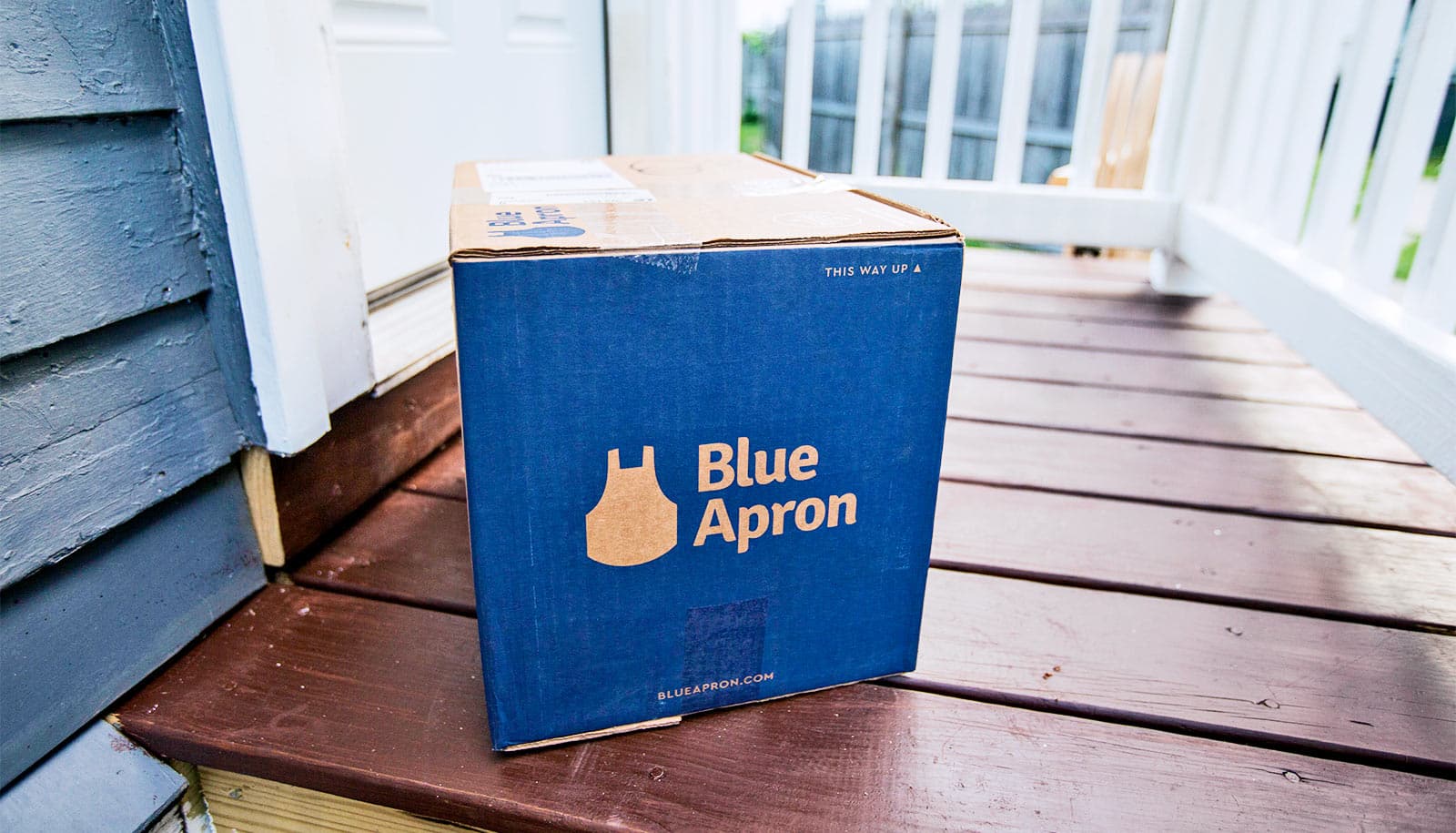People will pay more for meal kits when they can recycle all the packaging, research finds.
Meal kits getting even more popular; national sales are predicted to increase from $4.6 billion in 2017 to $11.6 billion in 2022. The kits include pre-cut raw foods and recipe cards to prepare a home-cooked meal, but they come with packaging waste.
A new study in the journal Food Quality and Preference shows that people prefer meal kits (online or in-store) with organic, local, and pre-cut ingredients. The research shows people are willing to pay more for meal kits at a grocery store—rather than online—if they can find the same kits in both places.
Right now, if you buy meal kits from a grocery store, you can reduce the insulation and cardboard packaging waste that comes with purchasing a kit online, says Sungeun Yoon, a postdoctoral researcher in food and resource economics at the University of Florida Institute for Food and Agricultural Sciences.
Knowing that, researchers wanted to know how efforts to reduce packaging waste affect consumer preferences for meal kits.
“We wanted to know if consumers would feel better about online meal kits in terms of waste generation when provided with fully recyclable packaging,” says Yoon, who conducted the research with professors Zhifeng Gao and Lisa House. “It turns out they do.
“Consumers perceive fully recyclable packaging as comparable to minimal packaging of in-store meal kits. However, the perception change does not lead to behavior change. Consumers still prefer the grocery option for other reasons than environmental. Other reasons could include flexibility of in-store meal kits.”
For the study, Yoon, Gao, and House conducted a nationwide online survey of 1,217 people and found, among other things, that people are willing to pay $2.14 more per serving for meal kits at the grocery store, compared to online.
Although the research took place before the pandemic, demand for meal kits has increased since COVID struck. People are more likely to stay home and get their healthy meal ingredients delivered.
The trick, says Yoon, is to make the meal kits fully recyclable.
“Fully recyclable packaging significantly reduces the negative emotions associated with the packaging waste of online meal kits. Consumers perceive fully recyclable packaging as comparable to no packaging waste,” Yoon says.
“Packaging waste might not be one of the critical reasons determining consumers’ decisions to consume or not to consume food products. Still, with the increasing awareness of environmental issues, food should be consumed to minimize its environmental impact.”
Source: University of Florida



